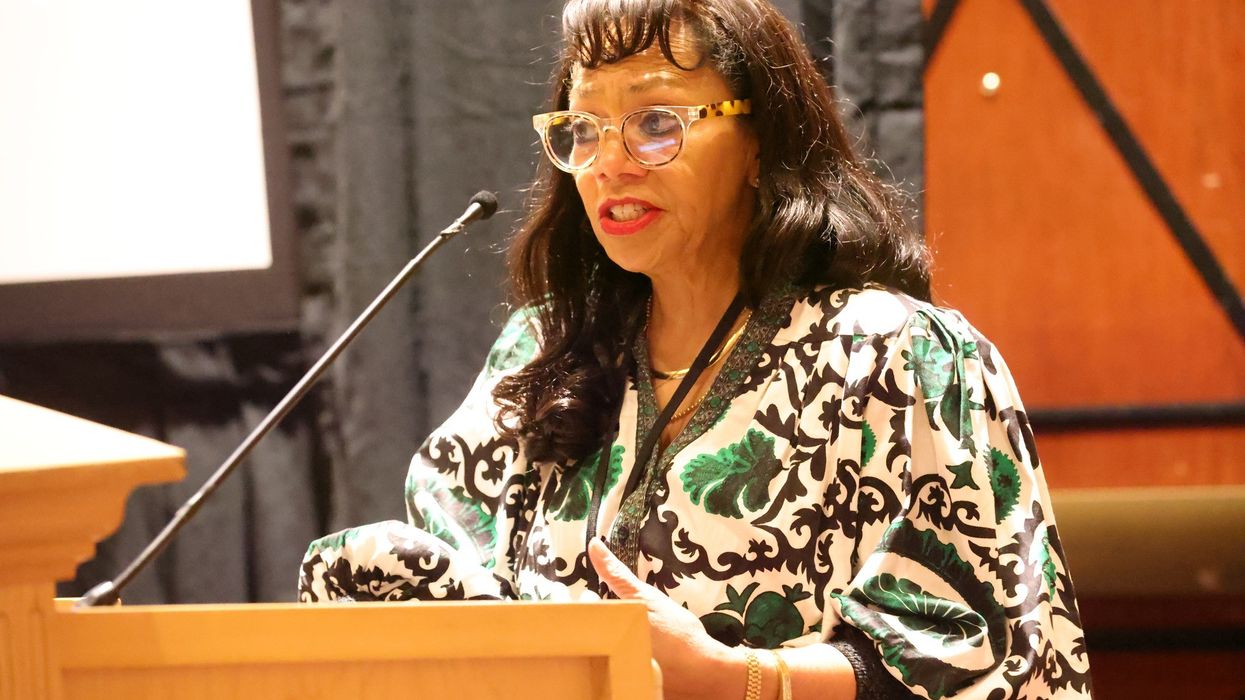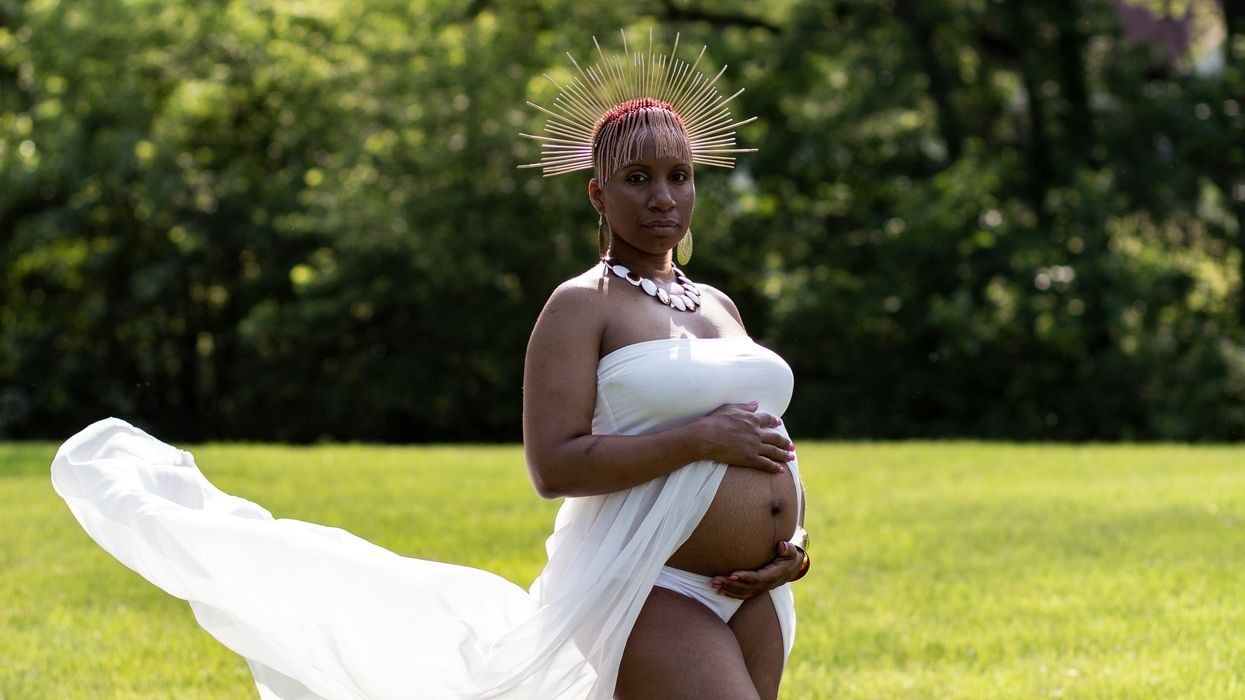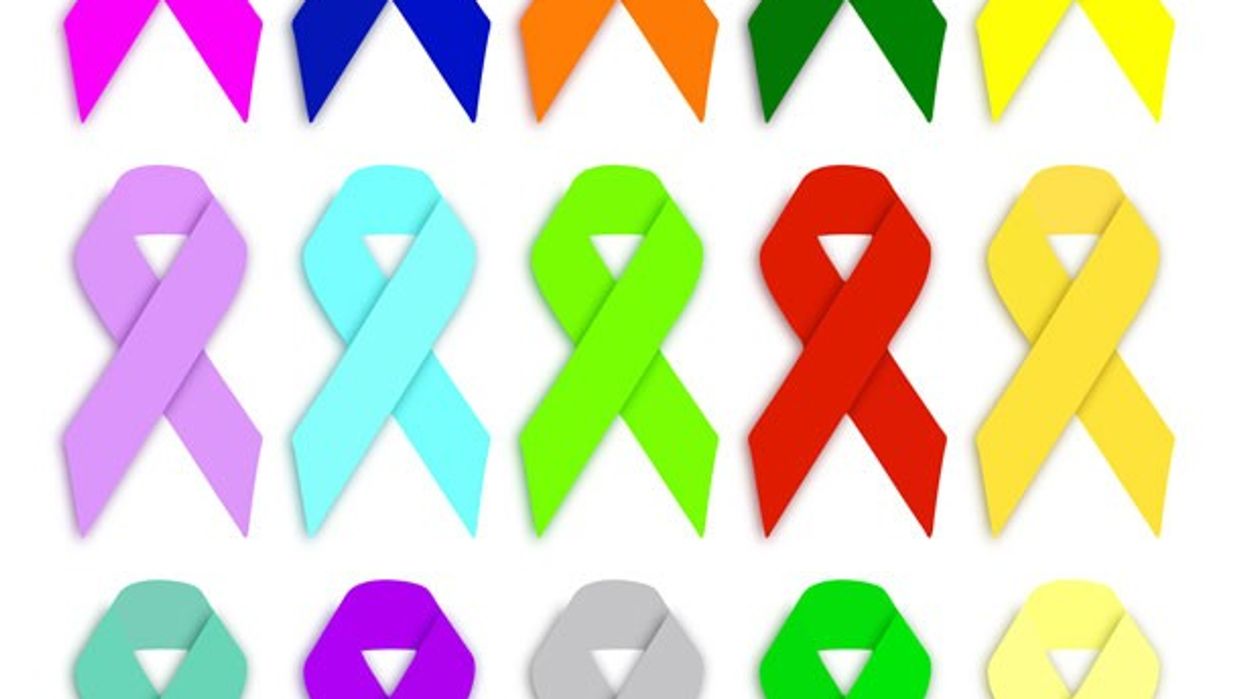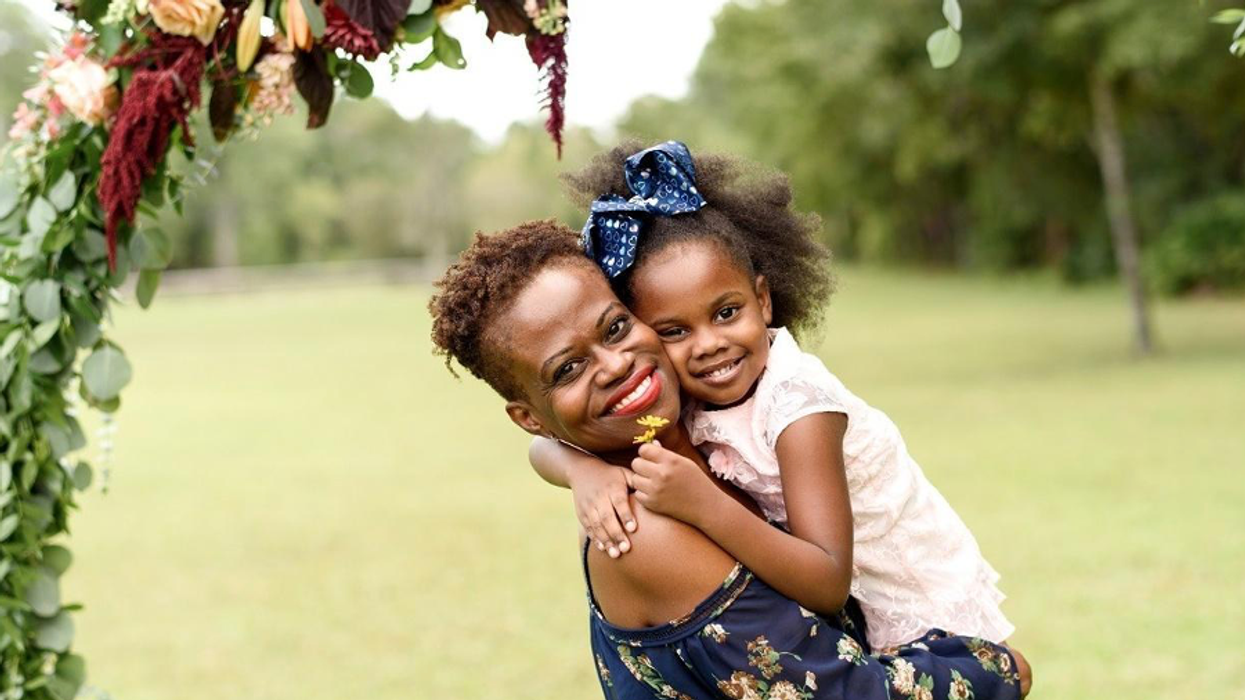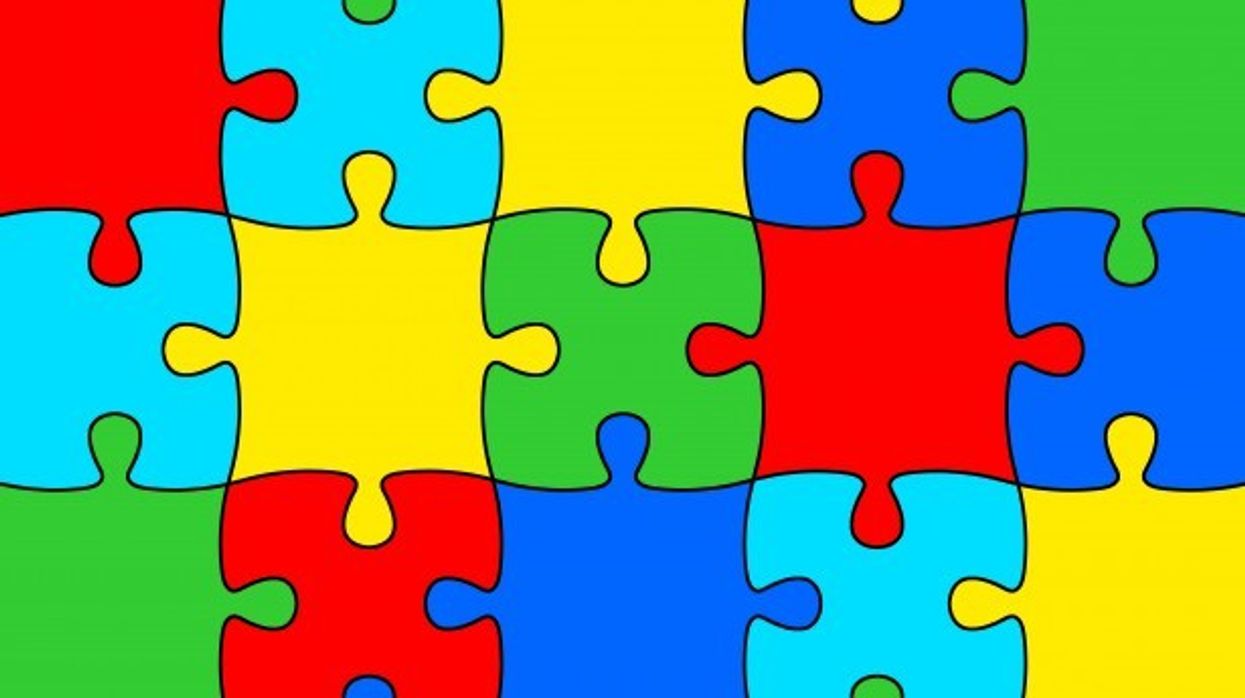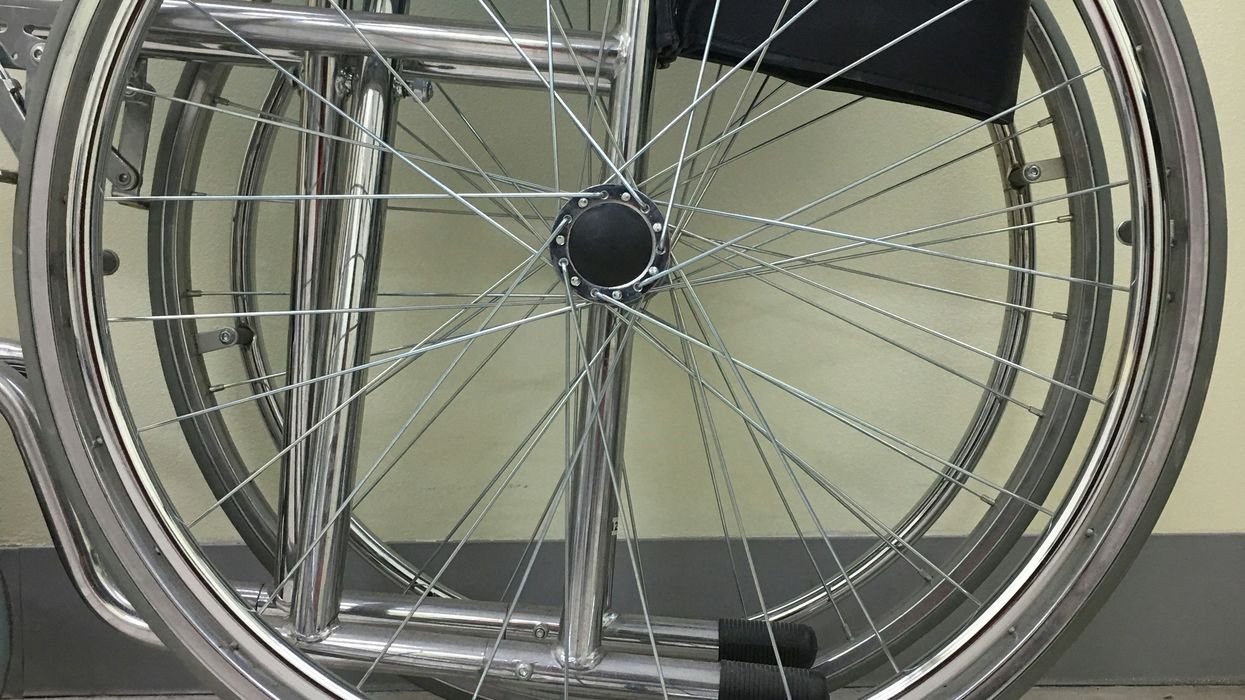While many families spend June preparing for vacations, graduations, and family reunions, another group marks a deeply personal milestone: Cancer Survivors Month. It is a time of reflection, gratitude, and renewed purpose for millions of survivors across the country. For 8 year breast cancer survivor Karla Mingo, it’s also an opportunity to boldly share her testimony and advocate for others.
“I believe it’s important to acknowledge cancer survivors in June because it brings attention to the unique challenges that women—especially African American women—face with breast cancer,” says Mingo. “We die from this disease at a higher rate than any other demographic. Moments like this bring awareness to an issue that needs to stay in the forefront of everyone’s mind.”
According to the American Cancer Society (ACS), there are currently more than 4 million breast cancer survivors in the United States. That number includes both those who have completed treatment and those still in the fight. Behind each statistic is a personal story — and Karla Mingo’s is one of courage, faith, and transformation.
Her journey began in 2017, during what should have been one of the happiest times of her life as she planned her dream wedding. In the midst of those joyful preparations, she discovered a small lump in her left breast. Trusting her instincts, she sought medical attention. On March 3, 2017, she received the life-altering diagnosis: breast cancer.
Faced with difficult choices, Mingo made the brave decision to undergo a double mastectomy with reconstruction, postponing her wedding in the process. “It was one of the hardest decisions I’ve ever made,” she recalls. “But I knew I had to fight—for my future, my family, and my faith.”
Throughout her journey, her husband stood by her side. “My husband has been my biggest cheerleader. He supported my decision to get a bilateral mastectomy without hesitation and later married me. His support reassured me that I was loved regardless of my breasts and that I wasn’t in this fight alone.”

Refusing to let fear consume her during her cancer journey, Karla leaned into her faith and transformed her pain into purpose. Her healing—both emotional and spiritual—led her to author Peace, Passion and Purpose: Making Your Life Lessons Your Blessings in 2018. Through prayer, journaling, and reflection, she not only rebuilt her body but also strengthened her spirit.
Mingo’s voice is especially critical as breast cancer disparities continue to affect Black women disproportionately. According to ACS, while Black women have a 4% lower incidence rate of breast cancer than White women, they experience a 40% higher death rate. Karla’s story underscores the importance of education, early detection, and community support.
“My biggest challenge—and my mission—is to help other African American women understand the importance of self-examination, mammograms, and follow-up care,” Mingo explains. “This is a disease that can be preventable and curable if caught early. We have to get that message out.”
Today, Karla Mingo shares her story, reminding others to look beyond the diagnosis and embrace the power of faith, resilience, and community. She often refers to her experiences as her “faith files”—powerful reminders of God’s grace throughout her journey.
“The message I want to share with other survivors is this: when you face a cancer diagnosis, see it as an opportunity. Yes, it’s hard. Yes, it’s scary. But there is opportunity in every trial and challenge we face,” she says. “That opportunity might simply be inspiring someone else or helping others realize that the most important things in life are to be thankful and grateful.”








